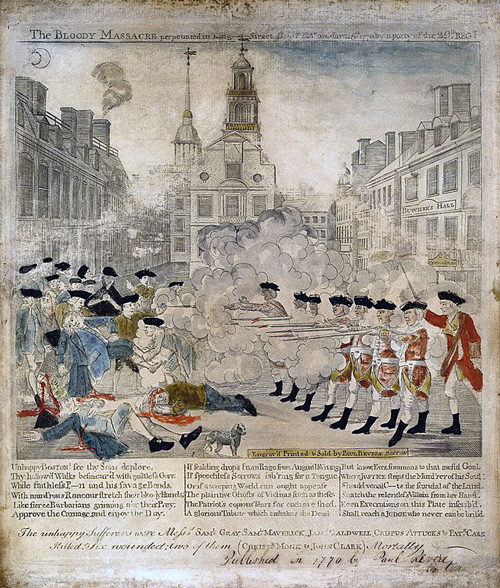
Would you have signed the Declaration of Independence?
Before you arch an eyebrow and glance up with some annoyance from your relaxing morning coffee—in appalled disbelief that anyone would manifest such egregious effrontery as to pose such an impertinent question—reflect on it:
Would you have signed the Declaration of Independence?
Declaration Might Well Have Been Suicide Note
We, therefore, the Representatives of the united States of America, in General Congress, Assembled, appealing to the Supreme Judge of the world for the rectitude of our intentions, do, in the Name, and by Authority of the good People of these Colonies, solemnly publish and declare, That these united Colonies are, and of Right ought to be Free and Independent States, that they are Absolved from all Allegiance to the British Crown, and that all political connection between them and the State of Great Britain, is and ought to be totally dissolved; and that as Free and Independent States, they have full Power to levy War, conclude Peace, contract Alliances, establish Commerce, and to do all other Acts and Things which Independent States may of right do. — And for the support of this Declaration, with a firm reliance on the protection of Divine Providence, we mutually pledge to each other our Lives, our Fortunes, and our sacred Honor.
The signers were giving up their national identity, their cultural ancestry, and their rights under the law of the land.
In the doing, they were not only challenging the basis for King George III’s rule of his American colonies. Their rationale constituted an incendiary challenge to the legitimacy of the monarchy itself. The result was something more dangerous than conventional treason. It was a revolution of the mind, a revolution without boundaries.
They were keenly aware that the distance of the ocean was of little protection against the most fearsome military machine in the world.
Nonetheless, they were determined to go all-in.
Many would pay a terrible price.
Table Stakes
In the 20th century some critics of the Revolution focused on the undoubted wealth and privilege of many of the founders. It is then suggested, by some, that they were acting in their material self-interest in challenging the crown.
Motivation is never as readily comprehended as results. The fact is, those with the most assets had the most to lose—in a material sense—in a revolution that was far from preordained to succeed. The wiser heads among them comprehended that subsequently establishing a nation—and subsequently a government—on the principles of the Declaration would be an unprecedented accomplishment. The vast American colonial holdings were far larger than city-states.
If anything, the wealth and position of the founders make their decision to rebel all the more startling and courageous.
Loyalists
Many Americans were loyalists, maintaining their support of the English crown. Estimates of their numbers vary.
There appears to be a consensus that somewhere between 15-20% of the colonists were Tories. That number may understate the reality.
Those who supported the defeated side in wars tend to be forgotten, or have their role understated subsequently. So, too, the Tories included many of the most wealthy and privileged colonists, so they would have had a disproportionate influence.
Huey Newton’s Question to William F. Buckley
In a memorable exchange, Black Panther leader Huey Newton asked William F. Buckley if he, Buckley, would have been a revolutionary or a Tory. [question at 1:40]
Buckley answered with commendable humility and candor.
What About You?
When you truly examine your own life, do you think you would have decided to be a revolutionary in 1776, putting it all on the line? Or would you have been a loyalist? Might you have watched and waited, seen how things were turning before putting your and your loved ones’ life, liberty and property into the cause?
Would you have been willing to divide your family? Benjamin Franklin and many others did.
When have you been unconventional in your own context, gone against the grain, isolated yourself, placed your prospects at risk?
Would your decision be different at various times in your life?
When have you gone all-in?
How are you writing your own history? In your work and your life?
Have you declared your own Declaration of Independence?
Could you look the founders—and their families and friends—in the eye?
